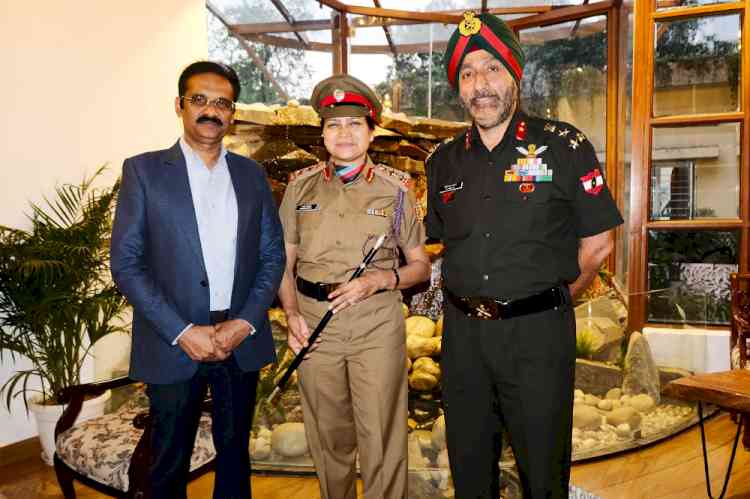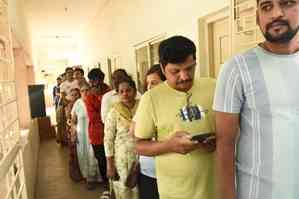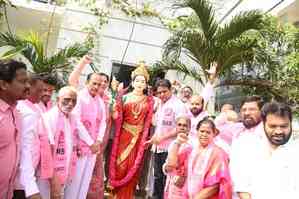Guidelines for admission & examination or evaluation of Children with Special Needs (CWSN) studying in government schools
Author(s): SK VyasChandigarh, July 3, 2015: Haryana government has issued guidelines for admission and examination or evaluation of Children with Special Needs (CWSN) studying in government schools of the state. While stating this here...

Chandigarh, July 3, 2015: Haryana government has issued guidelines for admission and examination or evaluation of Children with Special Needs (CWSN) studying in government schools of the state.
While stating this here today, a spokesman of School Education Department said that these children were being provided education under the policy of Inclusive Education for Disabled (IED) children.
He said that every identified child with special needs in the age group of six to 18 years would be enrolled in the neighbourhood schools according to their age without any discrimination. He said that no child would be denied admission in school due to absence of related documents. The CWSN would be enrolled throughout the academic year and it is mandatory to give grade or class based enrollment of CWSN who is supposed to be provided services under Home Based Education (HBE). Apart from this, it is also mandatory to mention regarding the placement of CWSN such as resource room, home based education against his or her name in the admission form or attendance register. He said that a separate register would be maintained for the students under Home Based Education in every school for their coverage report or attendance. The resource or special teacher would cover HBE students according to their field visit schedule approved by Block Resource Centers (BRC), he added.
The spokesman, while referring to the guidelines regarding examination or evaluation and promotion of CWSN, said that extra time may be provided as per the need of the child and breaks may be allowed during this time to counter fatigue. He said that use of devices would be allowed as per the individual needs of the child like calculators, Brailler, Taylor frame communication board, slant boards and pencil or pen grips. Similarly, use of technology like computers, tape recorders, voice synthesizers would be allowed as per the needs of the child. Apart from this, flexibility in syllabus allocated for testing would also be provided as per which if the child is learning at a slower pace, he or she may be tested on smaller units of the content rather than the whole syllabus at one time.
He said that assessment procedures may include objective type questions, instead of essay type questions for children with difficulties in language acquisition, questions to be modified like simple language. He said that accommodations are to be provided in the area of response methods. Besides, the instructions and questions would be read out to student when needed and Braille and print size to be enlarged according to needs of students. Suitable posture and sitting arrangement would be made by providing adapted chair or table and separate room, if required, he added.
The spokesman said that timing of evaluation may be necessary, where children are on specific regular medication. Disabilities which have language acquisition problems may be exempted from the three-language formula and sign language could also be provided as an option. / (SK Vyas, Jalandhar)

 cityairnews
cityairnews 
















